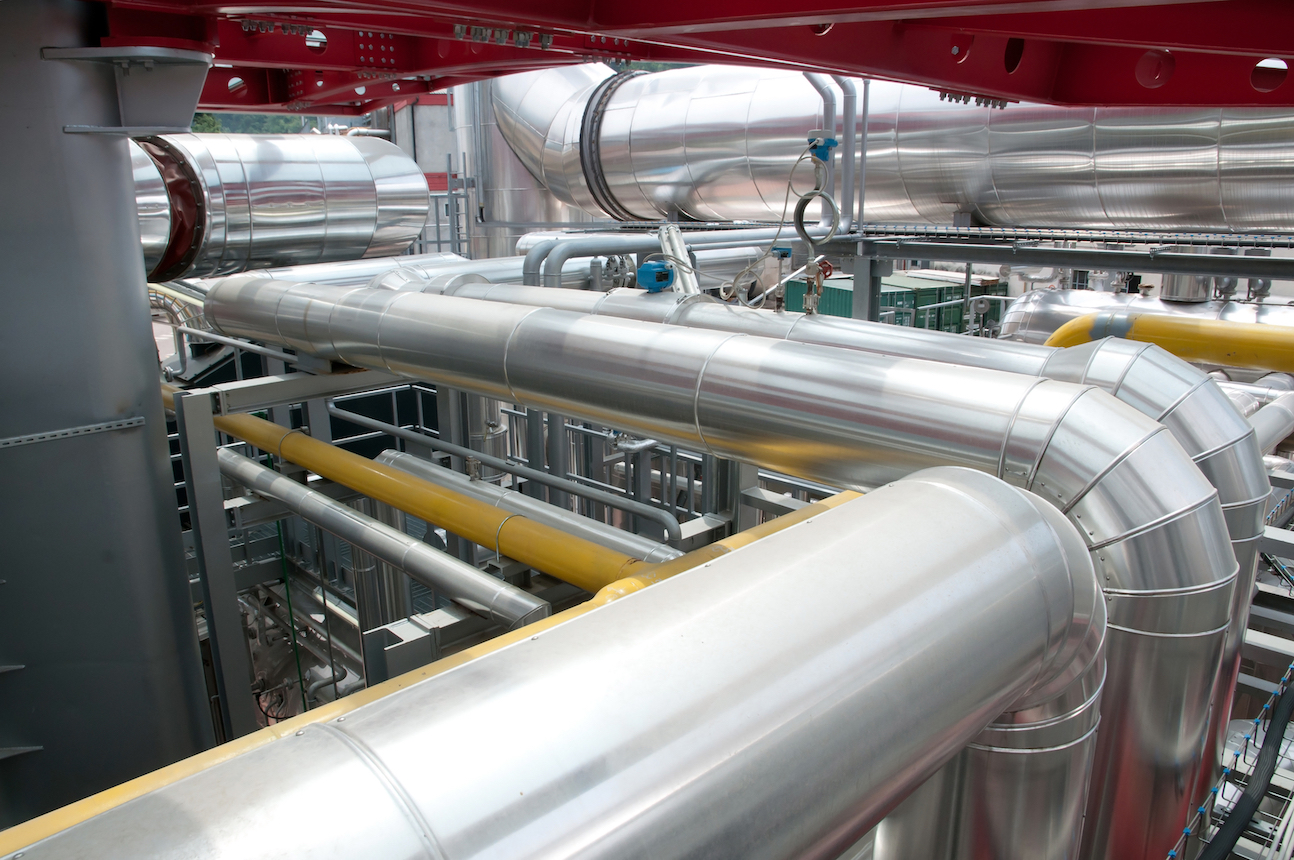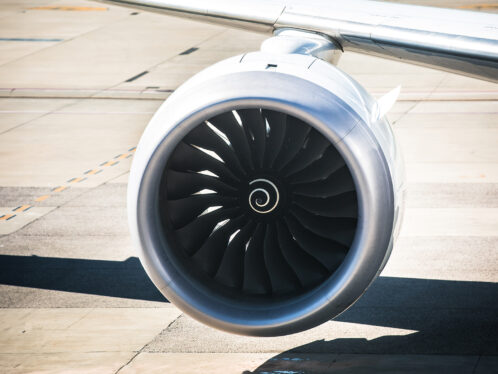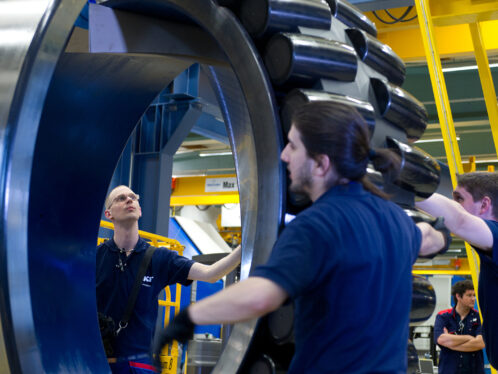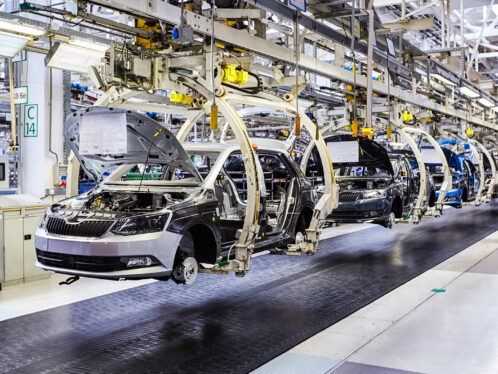
Installed confidence
Agricultural machinery leads a hard life. Mud, water, dust and dirt make for rough working conditions, while inexpert users often ask too much of their equipment. Maintenance is some-times inadequate. Gomselmash found that up-grading shaft and gearbox bearings was a cost-effective way to improve its products’ reliability.
Agricultural machinery leads a hard life. Mud, water, dust and dirt make for rough working conditions, while inexpert users often ask too much of their equipment. Maintenance is some-times inadequate. Gomselmash found that up-grading shaft and gearbox bearings was a cost-effective way to improve its products’ reliability.
The impressive display of medals and trophies that greets visitors in the showroom of the Gomselmash company is witness to the high standard of its products. The company is the leading agricultural machinery manufacturer in Belarus, a country where agriculture is a major part of the economy, and agricultural machinery thus enjoys an important status. “It is a vital element of our nation’s well-being,” explains Vyacheslav Belykh, who heads the import/export department. “Gomselmash is in fact one of the biggest producers of agricultural machinery in Eastern Europe.”
The company, a government-owned enterprise, was established in 1930 in the industrial town of Gomel, some 300 kilometres southeast of Minsk, the capital of Belarus. It started by making the simplest kinds of agricultural equipment, such as horse-drawn ploughs and harrows, says Belykh. During World War II (known as the Great Patriotic War in the countries of the former Soviet Union), 1939-1945, the factory was evacuated, lock, stock and barrel, to Kurgan, near Omsk in Siberia, where it was able to go on working for the needs of the Soviet army. It returned to Gomel in 1944. Today 18,000 employees work in five factories there. The company also has assembly plants in two Russian towns, Bryansk and Svetlogorsk.
Gomselmash manufactures some 40 different types of modern agricultural machinery, including ploughs, mini-tractors, beet and forage harvesters, mower conditioners, windrowers, machines for sowing tree seedlings and other agricultural equipment. The output in 2007 comprised some 2,400 motorized and 4,000 towed units. The company also produces parts and machinery under contract for other companies. “We place great emphasis on innovation,” Belykh says. “Three to five new models are introduced each year. Some of them are developments of existing ones, while others are completely new designs.”
The break-upof the Soviet Union in 1991 brought hard times for Gomselmash. Writing in Belarusian Economy, a monthly business magazine, journalist Valeriy Sidorchik reported: “As a result of the disintegration of the Soviet Union, economic links between the various Soviet republics were cut and sales of agricultural equipment plunged. Companies like Gomselmash sent some employees on unpaid leave while the majority worked only a few days a week.”
The fact that Gomselmash survived – and prospered – can be attributed in large measure to its success in exports. “Belarus’ foreign trade balance has been in deficit for several years,” Belykh explains, “so boosting exports is a high priority for us as well as for other companies. Today, about half of Gomselmash’ production goes abroad, mainly to China and to some South American countries, and of course to Russia and other CIS countries, mainly Ukraine and Kazakhstan.”
The endeavour to increase exports brought its own difficulties. One of the most important problems Gomselmash engineers had to solve was how to improve the competitiveness of the company’s products, in particular their reliability.
Probably no mechanical equipment gets harder use – and sometimes abuse – than agricultural machinery. The engineers examined the causes of equipment breakdowns and discovered that bearing failure was often the root cause. Bearings are heavily loaded components at the best of times, but when the going gets tough and regular maintenance may be in short supply, they have to take a lot of punishment.
“Durability and reliability are important features of agricultural machinery, which must have a long service life,” says Oleg Rekhlitsky, chief harvester designer. “They are doubly important in machinery destined for export. We determined that a cost-effective way to improve these features was to upgrade the bearings in key locations on shafts and in gearboxes. By using SKF bearings we helped to install confidence in our equipment. We took delivery of the first bearings from SKF just over 10 years ago; today we just can’t imagine what it would be like without them.”
What does the future hold? Valeriy Sandalidi, SKF’s business manager in Belarus, is confident. “In the last few years our business in Belarus has been growing at 20 to 30 percent a year,” he says. “We intend to maintain this, although competition is getting ever tougher, not only on price but also on delivery. Gomselmash is our most important single customer in all 11 countries of the CIS region, and we will work hard to keep it that way.”




